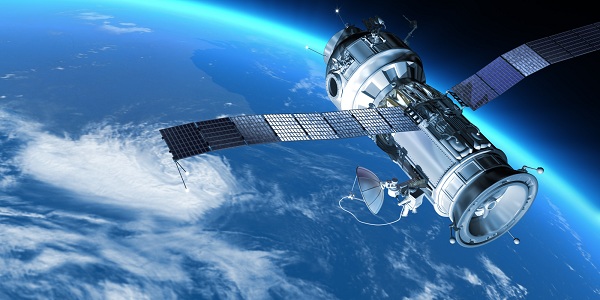Foreign satellites face tough times

The telecom regulator has drafted a guideline on landing rights for broadcasting satellite services as the government looks to monetise the country’s lone satellite Bangabandhu-1.
The draft, which Bangladesh Telecommunication Regulatory Commission has placed on its website for public consultation, states foreign satellite companies will have to pay more to run their business in Bangladesh.
But if anyone uses Bangladesh Communication Satellite Company Limited’s (BCSCL) connections, fees and charges will be lower and in some cases it will be free.
The main objective of the guideline is to encourage the local television channels to use Bangabandhu-1’s connections for their broadcasting, said BTRC officials involved with formulating the rules.
Satellite landing rights are a legal permission for using satellite signal in the geographical boundary of a country.
Under the permission, satellite companies are supposed to comply with certain rules and regulations of that country along with payment of fees and charges to authorities concerned. For up-linking through other permitted satellites, companies will have to pay Tk 3.5 crore per year to the BTRC, which is much higher than the current rate.
While using the BCSCL, the up-link annual charge will be only Tk 1 lakh to Tk 1.25 lakh.
And if foreign satellites use the BCSCL’s landing stations, they will have to pay Tk 3 crore per year, according to the draft guideline.
However, televisions or interested companies will have to pay bandwidth charges apart from the regulatory charges for using the satellite bandwidth.
The BTRC officials said they will finalise the charges and rates after taking feedback from stakeholders.
Salauddin Salim, chief of transmission and ICT at Somoy TV, said they found that the initiative would not lower their costs.
Somoy TV is already connected with Bangabandhu-1 satellite along with four other private television channels since May and at the same time they are maintaining their previous connections as Bangabandhu-1 is still fine-tuning its operations.
About the issue, Shahjahan Mahmood, chairman of the BCSCL, said having guidelines on satellite landing rights is important for a country like Bangladesh that just launched its first satellite.
“It was our request to the government as foreign satellite companies are entering Bangladesh freely. Without getting regulatory approval, Bangabandhu-1 cannot provide services in countries where its footprint is comparatively strong. Then why will Bangladesh not secure its rights in the sky?”
According to the landing rights guideline, the telecom regulator is trying to keep control of live television broadcasts of events and television channels will have to take prior permission from the regulator for live broadcast of any programme or news.
However, for any emergency situation they can take post-facto permission within 30 days of the said broadcasting.
For taking permission for live broadcast, television channels will have to pay a Tk 10,000 charge, but to cover national events by state-owned television operators no permission and charges will be applicable.
Officials said the telecom regulator had formed an eight-member committee on fixing the landing rights rules in 2013 soon after starting the country’s first satellite project.
The telecom regulator has dusted off the process again now, more than one year past Bangabandhu-1’s launch.
